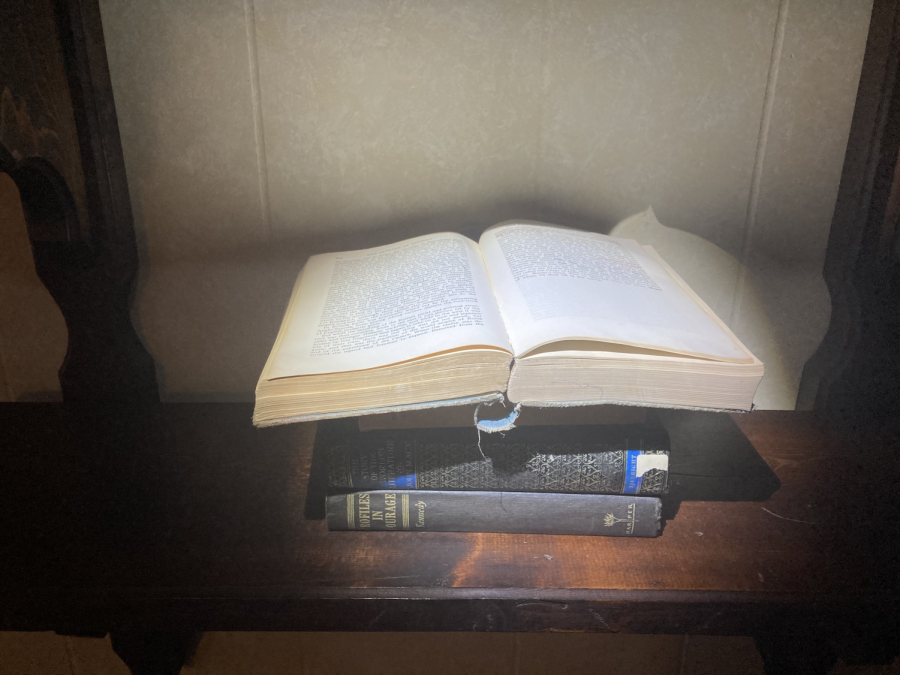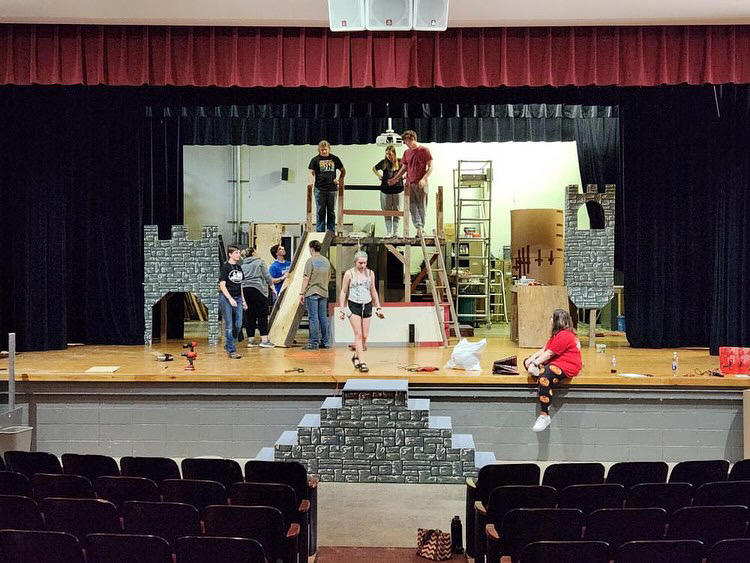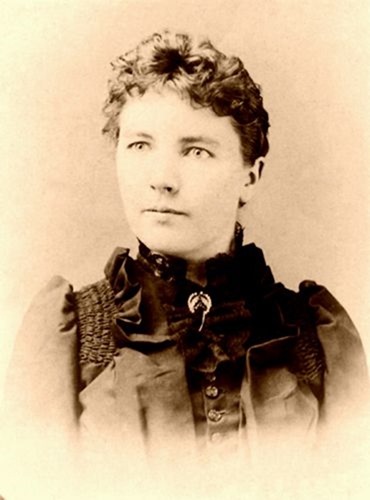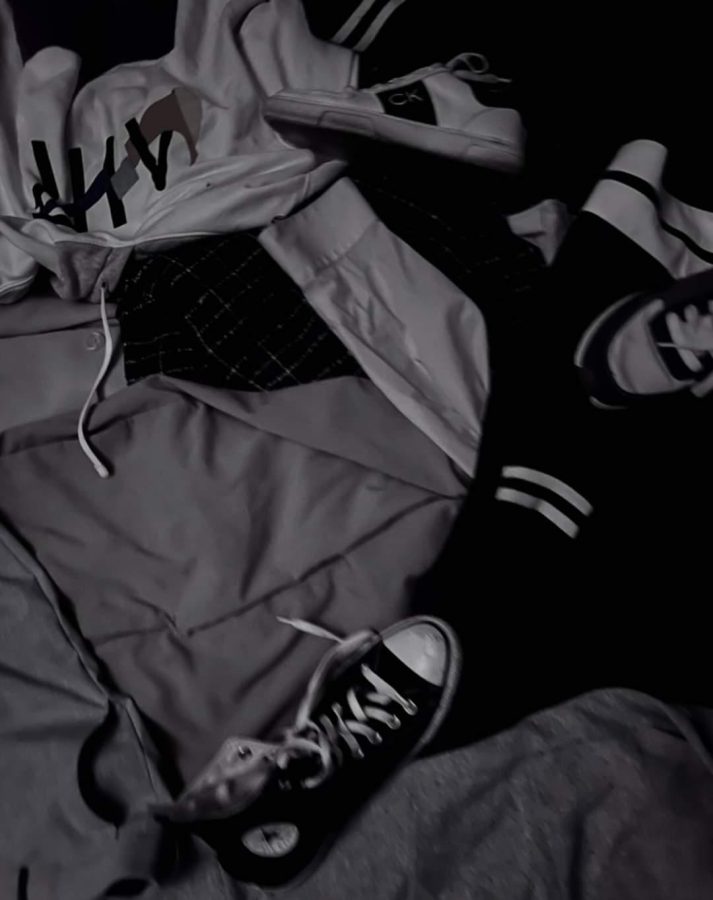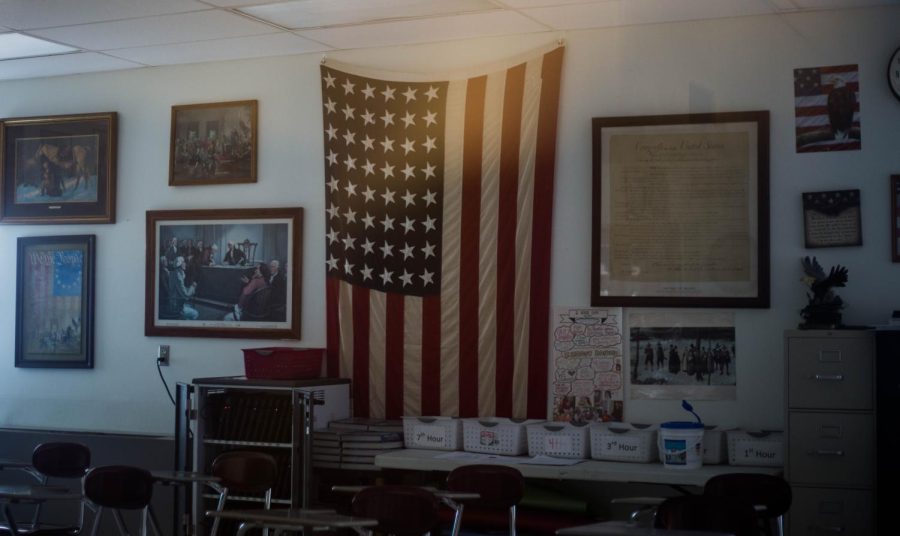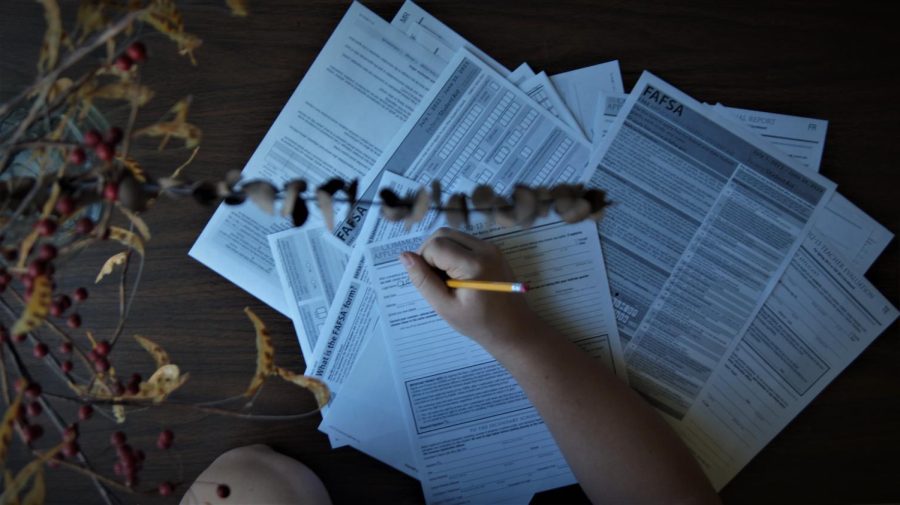The words “burning books” spark many dark images: black and white photos of Nazis nearly a century ago, Bradbury characters snatching novels from burning houses, or maybe ‘spell books’ being destroyed during witch hunts. These portrayals aren’t far from the truth. According to Brittanica, around the year of 213 BCE, a Chinese emperor burned all copies of Confucian classics in hopes to boost legalist ideals. In 1559, Pope Paul IV created a list of books that Roman Catholics were banned from reading- mostly works from the Protestant Reformation.
However, book banning is far from a thing of the past. In 2021, the American Library Association reported there being 1597 challenged books. Historically, books have most often been banned for political or religious motives. In recent times, though, there’s been an upswing of other reasons. Rolla High School librarian Jessie Kirkbride has experience with challenged books.
“The most frequent reasons for challenges or bans the last few years are as follows: LGBTQIA+ content, sexually explicit material, profanity, and violence,” said Kirkbride.
Innumerable banned and challenged books have dark themes and tones. Despite this, they’re read in classrooms across the country.
“The classes that I teach are predominantly college preparatory. [They are taken by] juniors and seniors, seventeen and eighteen [years of age]. And I feel as if they have to be able to handle this type of content in a mature manner,” said RHS English department head Star Hargis. “The world is, unfortunately, not a beautiful, perfect [place]. Everything that happens to us isn’t good, and I think that it’s good that they have some sort of frame of reference for some of the mature situations they’re going to run into. And hopefully, by having mature and honest conversations about these topics, we will have prepared them to be able to do that in a way that is respectful and intelligent.”
Kirkbride agrees that students should be exposed to a certain amount of mature material.
“I think books contain some dark themes or tones because life contains dark themes and tones. If a book is the only place such a theme or tone is experienced by a reader, that’s great, but also unrealistic. I would rather my children learn about some of the hard stuff from a book instead of a real-life experience for the first time,” said Kirkbride.
More than that, Kirkbride believes that reading challenged books give students a new perspective and understanding of their peers.
“I think there is a positive impact on a students’ mental health to read some of the more challenging situations. It can help increase social skills and develop an understanding of other people’s situations, recognizing when to have empathy for someone’s situation that is different from your own,” explained Kirkbride.
While she believes that book banning always has a net negative impact, Kirkbride thinks that there is reason for parents to decide what is and is not acceptable for their child to read.
“There is no merit to banning books. No one should be told their story, or history, doesn’t matter. I do believe there is merit to making things age-appropriate; my 6-year-old doesn’t need to read, hear, or watch “Kite Runner”…yet,” said Kirkbride.
Hargis also holds the belief that the choice of what to read lies between the child and the parent.
“I think there is a merit to parents, teachers, students themselves, making careful choices,” said Hargis, “but I don’t think that that means banning every book for everyone based simply on one very rigid conception.”
Recalling a paper written by an author of “The Absolutely True Diary of a Part-Time Indian,” a highly controversial novel, Hargis adds to why it’s good for students to read challenged books.
“Is it healthy for students with mental health issues to be reading these books? That takes me back to that [Sherman Alexie] essay that he wrote about banned books. Essentially he talks about why he read books of mature subject matter when he was younger and how that helped him…Well, it was because that was his experience,” described Hargis.
In his semi autobiographical book, Alexie portrays the horrors he experienced as a Native American. He believes that relatably dark literature is essential for today’s youth.
“And now I write books for teenagers because I vividly remember what it felt like to be a teen facing everyday and epic dangers,” stated Alexie in his article “Why the Best Kids Books Are Written in Blood.” “I don’t write to protect them. It’s far too late for that. I write to give them weapons–in the form of words and ideas-that will help them fight their monsters. I write in blood because I remember what it felt like to bleed.”



